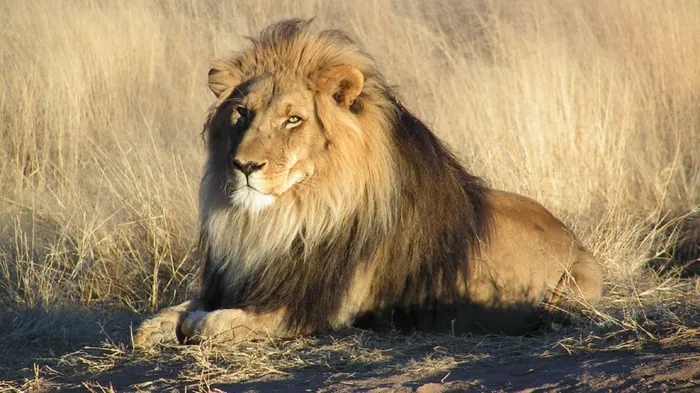Now we walk in fear of wildlife

Landless and vulnerable black people living in an unequal society are the ones most at risk of suffering harm from escaped wildlife.Image:File
We live by the grace of our Lord, Jesus Christ. Many of us, including health-care workers who risked their lives saving their fellows without looted personal protective equipment, tragically departed this planet. Climatic floods drowned others in KwaZulu-Natal. The unrest of July 15, 2021 claimed more than 36 lives in Phoenix. Mass killings in taverns and other places of gatherings followed. Now we walk in fear of being mauled by wildlife.
Casualties of all these fatalities, risks and threats were and are the landless and vulnerable blacks surviving in an unequal society. In Walkerville, William Mokoena survived the claws of a female tiger after landing in Kopanong Hospital. Two dogs and a pig were killed.
In Limpopo, a subsistence donkey owner lost his mobile stock to a roaming lion. Another Limpopo man escaped a tiger attack. Presently, a lion in the Hartbeespoort Dam area and buffaloes in Kempton Park are invading our residences. We are told they are not a danger to humans if they are not provoked, and that they are unlikely to attack us.
The owners of the game reserves or wildlife farms, excluding Phala Phala, are whites. They are safe behind high walls and electric fences, and they drive motor vehicles – while we are pedestrians and live in unprotected shacks, townships and villages. However, we call it our motherland. When are we going to address fair and equitable ownership of land and game in South Africa?
Police don’t respond to our concerns about safety and security. They only open inquiry dockets after we are no more. How much does a privately owned lion cost on the market? Please sell a few rhinos, tigers, lions, elephants and buffaloes to finance poor students and terminate their financial exclusion protests. Also empower the 716 200 graduate applicants for the R350 social relief of distress grant by giving them their forefathers’ land back to grow hemp and start factories to manufacture various products from multipurpose cannabis.
Thami Zwane
Edenvale
Leopard on the loose north of Pretoria has been captured
Kruger lion escape: Families whose livestock devoured to be compensated
Rietvlei Nature Reserve lion killers knew their way around facility
Body of hiker recovered from Lion’s Head
Cat-astrophe: Lion on the loose in Tshwane, and fears mount that residents might shoot it
Related Topics: